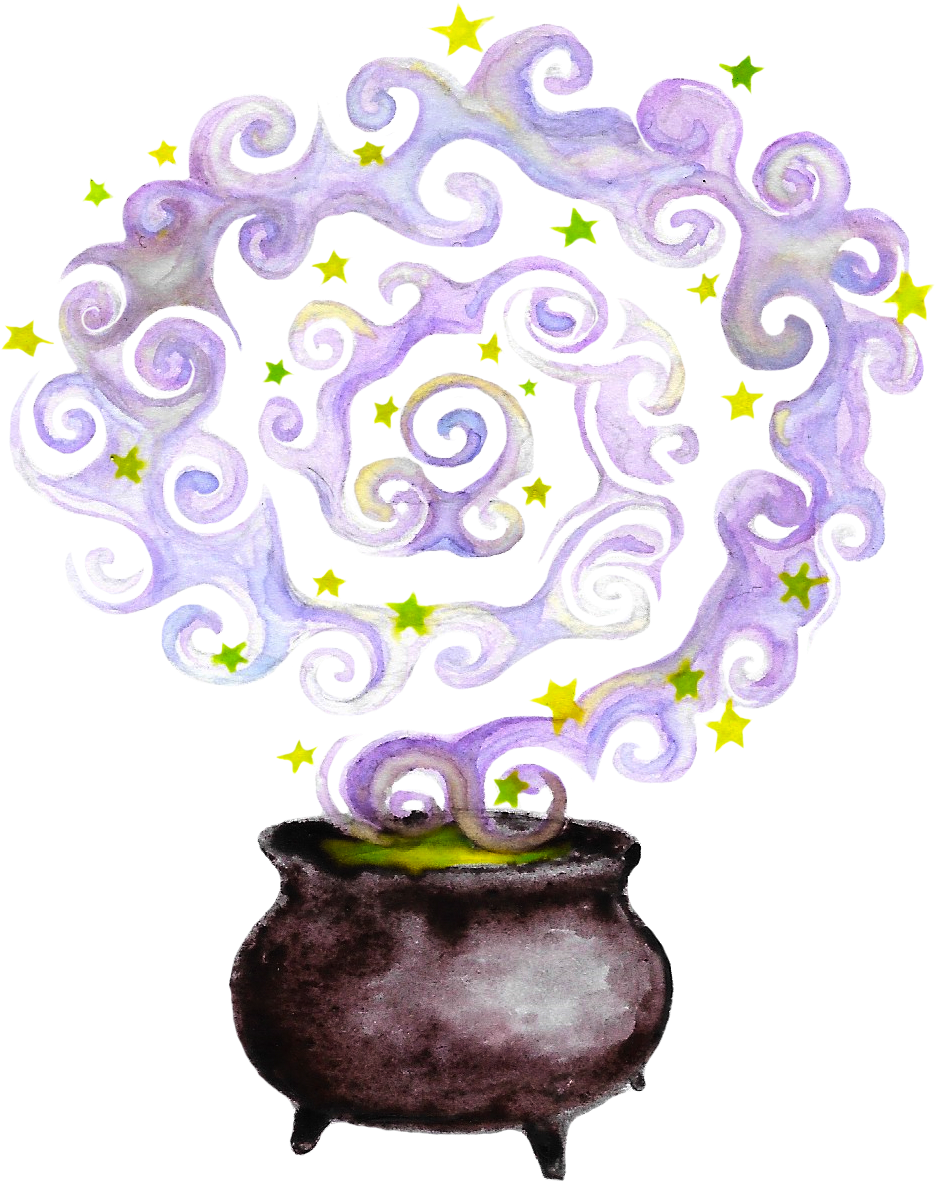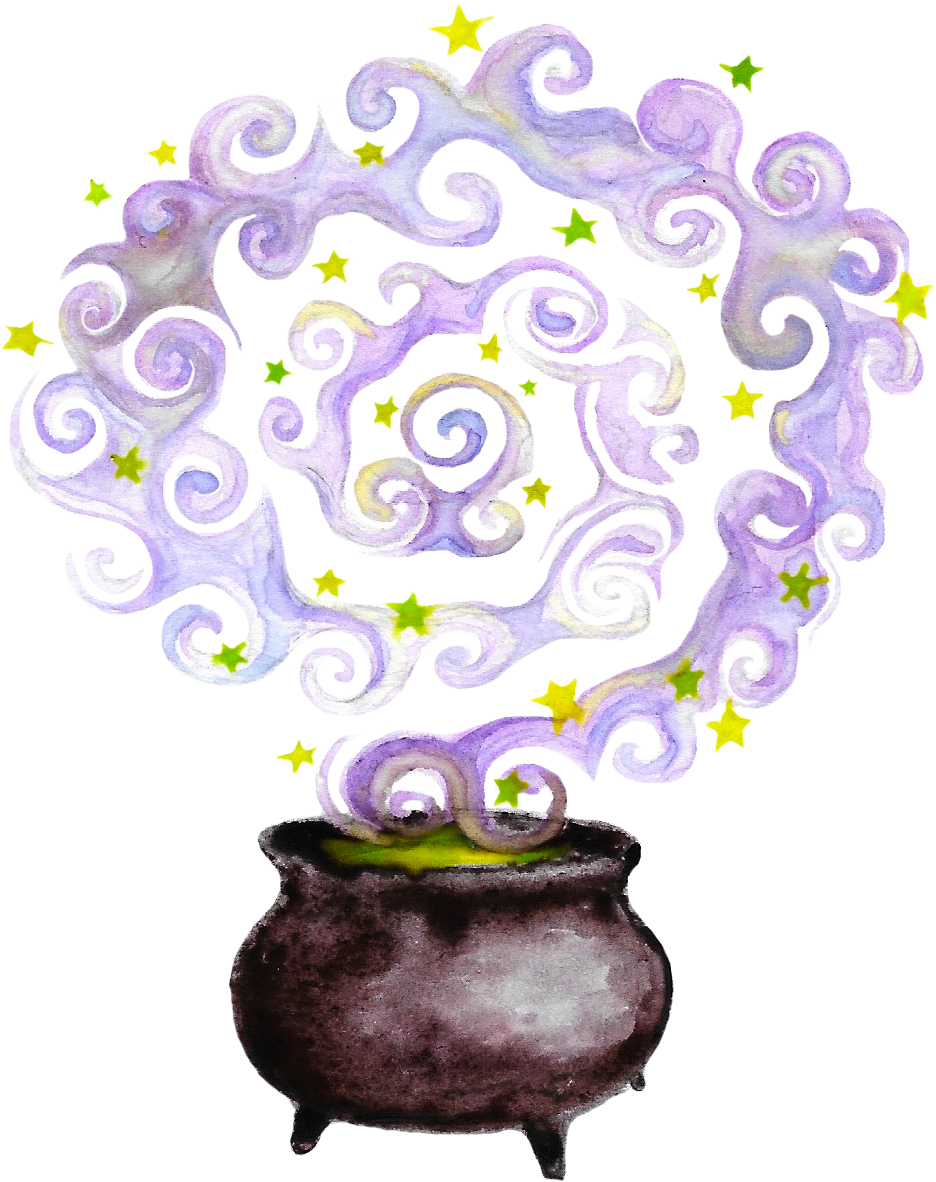Melusine oil
Melusine oil
Couldn't load pickup availability
Melusine is a romantic, tragic figure in French faery mythology. She is especially well-known as the founder of Poitou, and the fabled ancestress of the Lusignan family. While she appears as a mortal woman, she is part snake or dragon, and has the powers of a very magical faerie goddess. Her tale tells of the tragedy that results when women's mysteries and privacy are not honored.
Melusine’s story begins with her mother, Pressine, who is a goddess, faerie woman or witch as the case may be. Elinas, the King of Scotland, or Albany as it was once known, finds her by a remote sacred well. He falls in love with her and Pressine agrees to marriage, as long as Elinas never attempts to discover her true identity or origin. For some time he keeps this vow, and they have three daughters, including Melusine, their eldest. When Elinas’ curiosity got the better of him, he broke his marriage vow, and Pressine left him, taking her daughters to the mythical Isle of Avalon.
On her fifteenth birthday, Melusine presses her mother for details of the divorce. When Pressine tells her of Elinas’ betrayal, Melusine is enraged, and engages her sisters in a plot to imprison their father and all his wealth in a remote mountain. Pressine finds out about the girls’ mischief, however, and curses Melusine to become a serpent from the waist down every Saturday.
Melusine then follows in her mother’s pattern. Raimon de Lusignan meets her in France by a forest fountain, Melusine agrees to a conditional marriage - Raimond must give her a day of absolute privacy in her bath every Saturday. They go on to enjoy a very successful marriage, owing to Melusine’s powers, which include the engineering and construction of many buildings in Poitou, overnight as the legends go. Raimond and Melusine also had many children, but evidently the blood of Melusine’s faerie heritage did not blend perfectly with Raimond’s human nature, because all of their children were physically flawed in bizarre ways. Nevertheless, all were well liked and successful citizens of Poitou.
Of course, it could not last forever, as a Celtic/Gothic tale! Raimond’s brother (perhaps jealous of Raimond’s prosperity) arouses suspicions about Melusine’s curious Saturday tradition. Inevitably, Raimond peeks in on Melusine’s bath and discovers that his wife is half serpent. In some versions of the story, his betrayal is discovered outright, in others he Betrays Melusine’s true nature in an argument during a family gathering. In either case, Melusine sprouts wings, and takes to the air wailing in grief over the loss of her husband, home and children. She is never seen again, although there are many legends of her continuing to protect her descendents, and mourning their deaths like a banshee. She also supposedly put up quite a fuss over the destruction of the Lusignan castle, which she built for herself and Raimond.
In my devotional blend to Melusine, I try to capture the beauty and poignancy of this story. It is one of my personal favorites. As a French deity, Melusine demands a rather pricey fragrance of a delightful, floral motif, but of course one that is also suffused in mystery and complexity. Don’t you even think of asking what is in it! It is especially inspired by a modern telling of the tale, “The Wandering Unicorn” by Manuel Mujica Láinez.
For more potions for Faery magick, read this blog article.
Share

More Details
How to Use
These magick oils are also called ritual oils, anointing oils or condition oils. They can be used to anoint a person, candle, mojo bag, lucky coins, jewelry, amulets, statues, prayer or spell scrolls, or anything that has a connection with the purpose of the oil or the "condition" it is made to address. Use them according to your inspiration, imagination, the instructions in a book, your Spirit Guide, teacher or Angel's recommendations, or how your Grandma taught you.
Size
1/2 oz.






